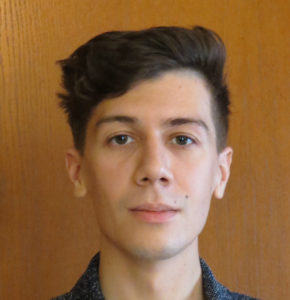Churches and Memory in Ukraine: A Postsecular Development

Andriy Fert is a PhD candidate at Kyiv-Mohyla Academy (Ukraine).
Religion in Memory Studies
Historical memory scholars explore how societies remember the past and what influence collective memory has on individuals. Given that during European premodern history Christian churches were the main actors crafting collective memory, it’s no surprise that memory studies started with a significant focus on religion. French sociologist Maurice Halbwachs, one of the founding fathers of the field, for example, focused on religious practices to explore the boundaries of what he called the “social framework” of memory in his 1925 book Les cadres sociaux de la mémoire.
But as this field grew, attention to religion diminished. The idea of a linear secularization that dominated academia in the 1980s and early 1990s had it that religion was gradually giving way to a more “secular” worldview and thus was losing its grip on society’s imagery. As a result, memory scholars tended to ignore contemporary lived religion while focusing on states or other, non-state actors in their works. When modern religion did fall into their sight, it was mostly reduced to the research of how states or nationalisms borrowed religious language to sacralize the nation.
